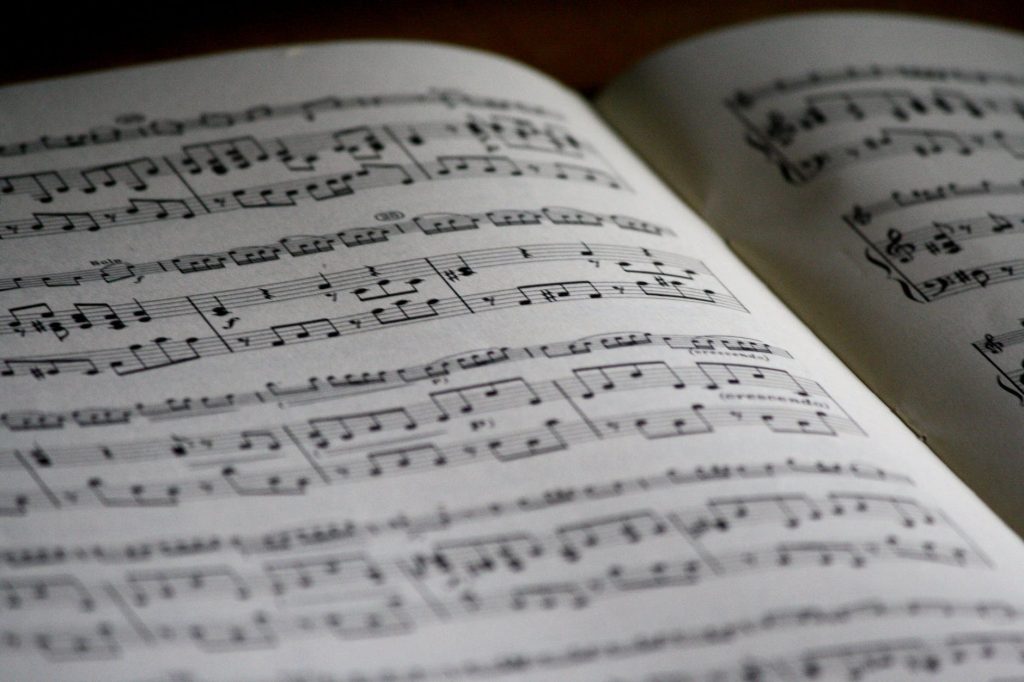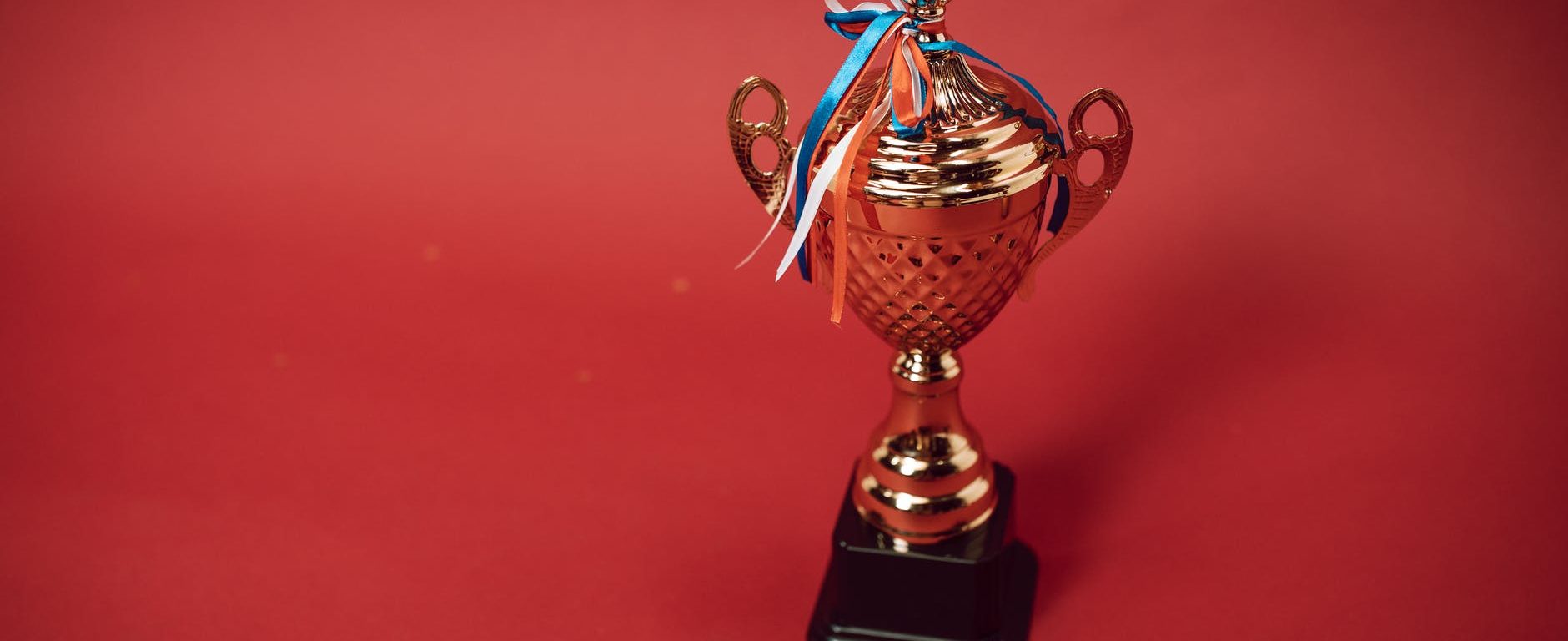It is an integral part of the brass band world, but the contest stage is arguably the most passionately discussed, practiced for, and debated item in the brass band world, if not the musical world in general. But what is it all about and why does in invoke passions?
There are many aspects of brass music, concerts, including formal indoor events to summer Sunday afternoons in the bandstand. But contests are a different animal, in a concert the audience will be coming along to be entertained and are hoping to hear an enjoyable and good performance. Audiences at contests are often people who are playing with competing bands and at some level they are waiting, if not hoping, for you to mess it all up. So, there is a pressure playing in a contest which may not be there in a concert.
Someone once said to me that contests are nothing to do with music, they are a sport; and in that one short sentence there is a fundamental truth about contests.
Music is an expressive performing art, adding your own interpretation and mood to the music is an important part of a good performance. I have known soloists who play a piece and it sounds brilliant, although as an MD if you looked at the score it may not bear any relationship to the way it was played. Tempos move around, things may not always be on the beat and generally the performer puts their own spin on things.

In a contest performance that is not what is wanted, some adjudicators will tell you that they want to hear what is on the score, every dynamic, articulation and tempo must be as the composer wanted. This is all well and good, but does it squeeze all the musicality out of the performance? After all, if all the score markings and timings are to be as precise as possible then why don’t we just enter it onto Sibelius and play it as an mp3? It’s probably fair to say that it is not entirely true, but musicality can become secondary to technical matters, but a good performance doesn’t have to be technically perfect. The really good adjudicators do think about musicality.
It is also absolutely true that without contests, we would not have some of the brilliant music we have. Major figures, Elgar, Vaughan-Williams, Granville Bantock, Gilbert Vinter and others in the more mainstream classical music world have been commissioned to write pieces for brass band contests, as have more contemporary composers like Edward Gregson, Philip Sparke and Derek Bourgeoise.
There is undeniably, a chunk of the band movement that loves contests and in the same way that football fans follow their team they peruse statistics, league tables, relegation and promotion. This isn’t necessarily a bad thing but supports the idea that contests are more a sport than an art, and we need to be careful that this doesn’t spill over into obsession to the exclusion of everything else musical.




The person who said to you that contesting has nothing to do with music was spot on. How can you give an authentic performance when you worry that it is not your interpretation which matters but that of the adjudicator?